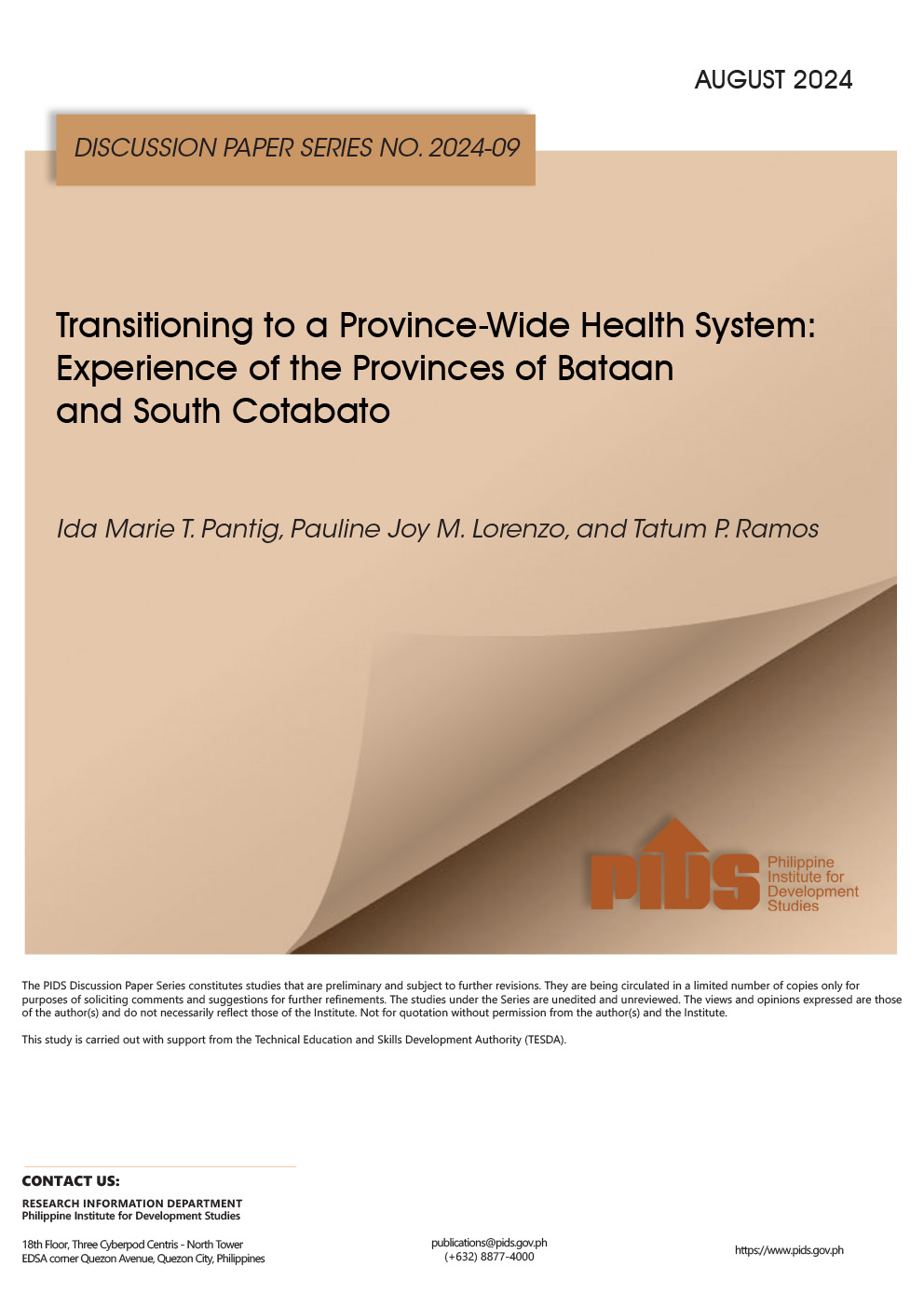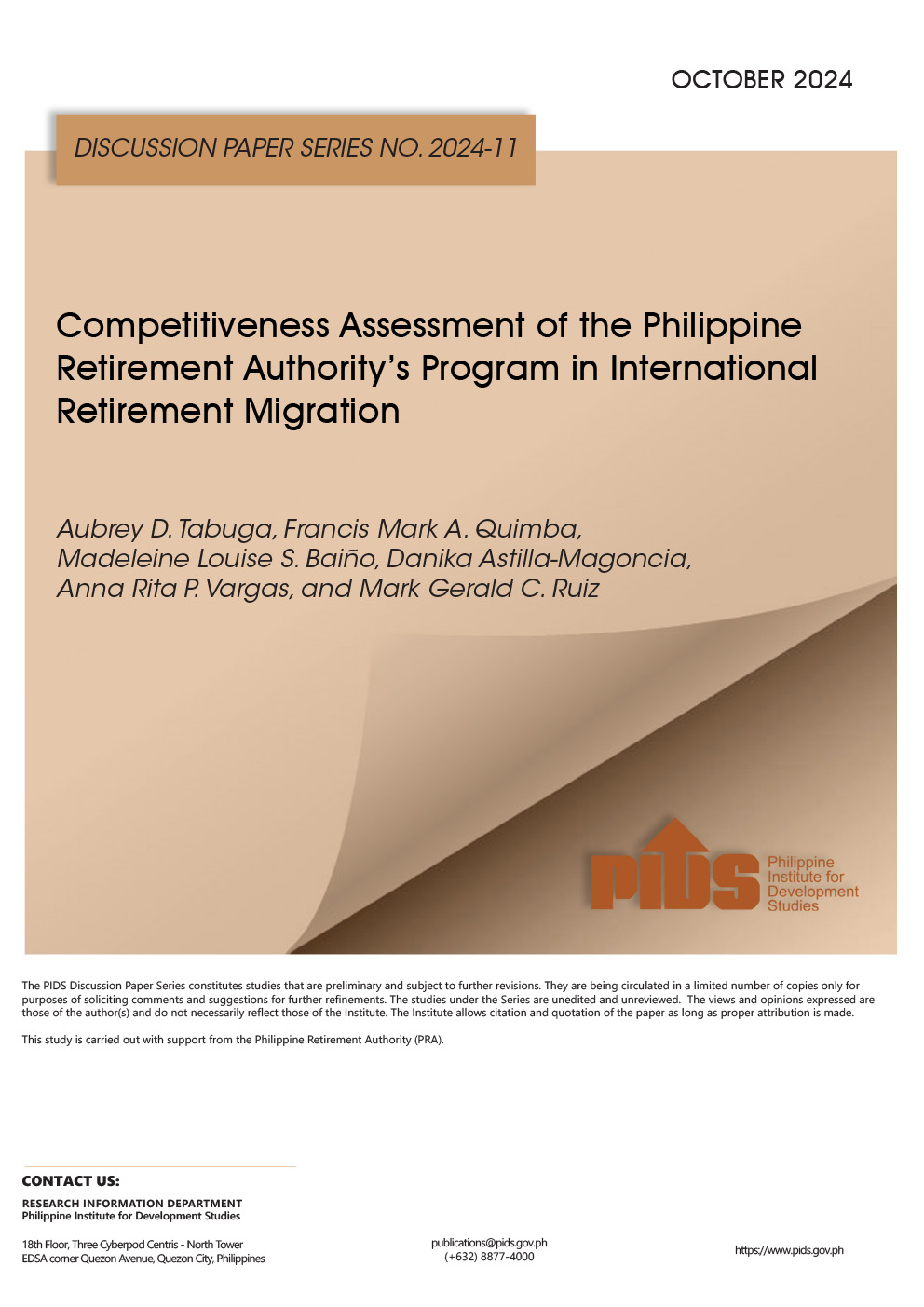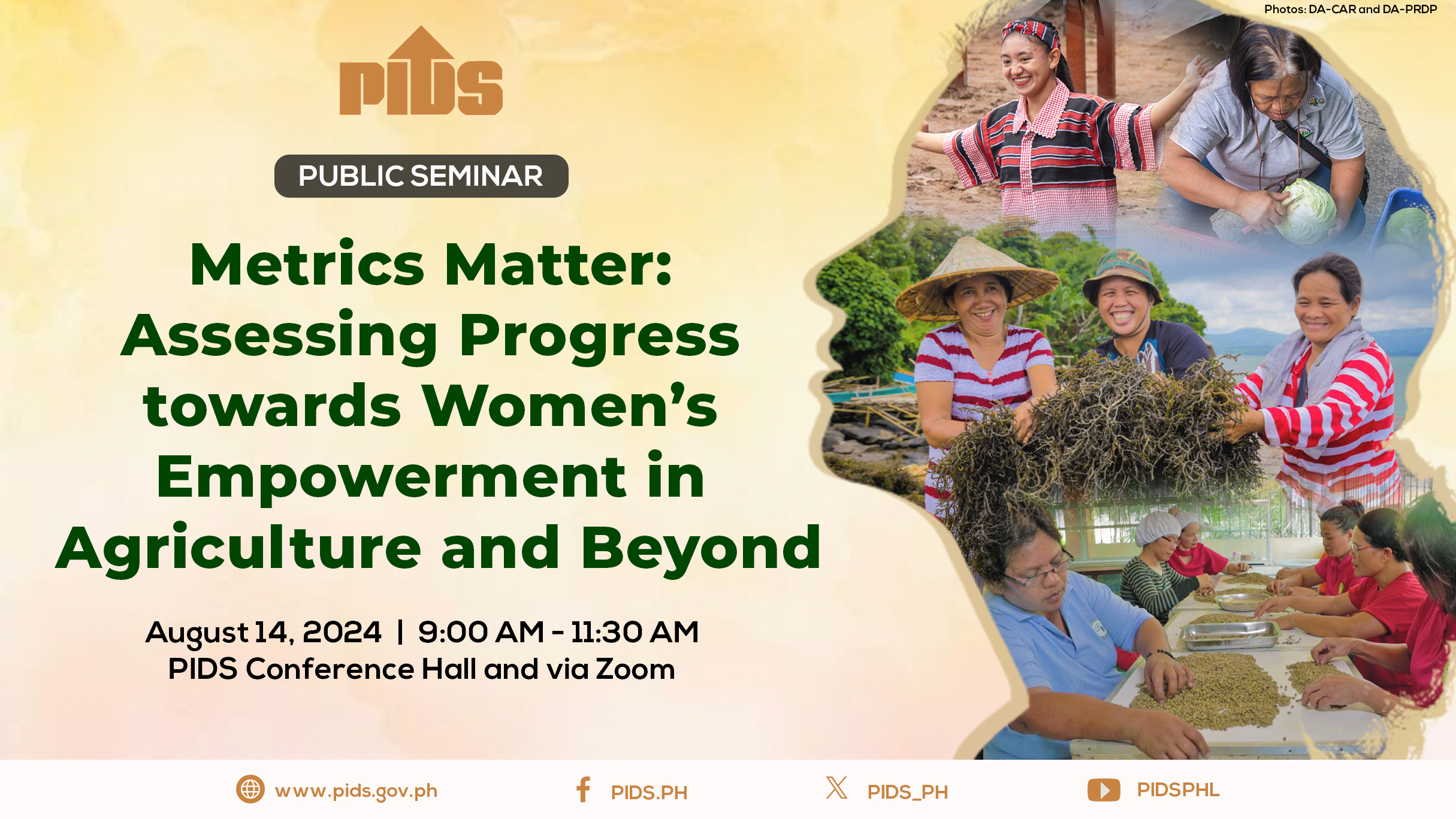The largely invisible work of unpaid care—cleaning, preparing meals, and looking after children—has always fallen disproportionately on women. But while entrenched gender roles have slowly broken down over decades, the ongoing global pandemic may be causing this progress to backslide.
A recent study by Oxfam showed that close to half of the women surveyed in five countries felt more anxious, depressed, isolated, overworked, or ill as a result of these heightened responsibilities. With the closure of schools, nurseries, and support services, community lockdowns have increased the demand for domestic care work.
In the Philippines specifically, more than half of women reported increases in unpaid care work during the pandemic. Eighteen percent found themselves unable to do their usual paid work because of new domestic responsibilities.
Prior to the pandemic, Filipino women’s unpaid work was already worth an estimated 2 trillion PHP or $40 billion, or roughly 20 percent of the nation’s GDP, according to the Philippine Institute for Development Studies.
“Yet, the unpaid care work that they do is radically undervalued and taken for granted by society,” Jeanette Dulawan, am Oxfam gender justice advisor involved in the project research, told VICE News. She added that expectations of the “traditional” role of Filipino women help cement a disparity that makes Filipino women twice more likely to shoulder household tasks than men.
And the pandemic is only making things worse. In Philippine urban poor communities, 15 percent of women reported spending more than three extra hours a day doing unpaid care work due to the lockdown. That number jumped to an average of five extra hours for single and young mothers, internally displaced persons, older people, and those enrolled in a government social protection program.
In addition to conditions in four other countries, Oxfam studied Philippine urban poor communities in six cities in the Philippines’ National Capital Region, as well as rural poor communities, to capture a snapshot of how extreme poverty, limited access to basic social services, and absence of affordable housing affect unpaid care during the COVID-19 crisis.
“The reality is the pandemic is making existing inequalities much worse,” said Mar Moreno, Oxfam’s gender justice director, adding that the many additional hours of care work may be happening at the expense of women’s own health and wellbeing.
Women living in poverty already spend more time doing care work because of the lack of access to labor-saving devices, public services such as healthcare, or infrastructure like reliable water or electricity. Additionally, gender disparities in care work are widened by a labor market that ignores people’s care needs, and harmful stereotypes that consider care work to be “women’s work” and “less skilled and valuable than paid work,” Oxfam said in a statement.
Half of both the men and women surveyed reported increased care workloads—but their viewpoints about how that work is shared are telling: In the United States, for example, 66 percent of men report that they cook and clean as much as women. Only 35 percent of women agree, suggesting men may be overestimating their contribution to care work.
Among a list of eight daily activities like laundry, childcare, and buying groceries, Filipino men were preoccupied with only two tasks at a higher rate than women: water collection and tending to animals or the garden.
In light of Father’s Day this weekend, Oxfam is appealing to fathers to bridge the gap in care work.
“Seeing more men contributing to domestic and care work during this crisis should be one of the ‘new normal’ that we can sustain, but not forgetting to make it equitable so women will not remain the ‘majority’ in providing or assuming care roles,” Dulawan said.
A recent study by Oxfam showed that close to half of the women surveyed in five countries felt more anxious, depressed, isolated, overworked, or ill as a result of these heightened responsibilities. With the closure of schools, nurseries, and support services, community lockdowns have increased the demand for domestic care work.
In the Philippines specifically, more than half of women reported increases in unpaid care work during the pandemic. Eighteen percent found themselves unable to do their usual paid work because of new domestic responsibilities.
Prior to the pandemic, Filipino women’s unpaid work was already worth an estimated 2 trillion PHP or $40 billion, or roughly 20 percent of the nation’s GDP, according to the Philippine Institute for Development Studies.
“Yet, the unpaid care work that they do is radically undervalued and taken for granted by society,” Jeanette Dulawan, am Oxfam gender justice advisor involved in the project research, told VICE News. She added that expectations of the “traditional” role of Filipino women help cement a disparity that makes Filipino women twice more likely to shoulder household tasks than men.
And the pandemic is only making things worse. In Philippine urban poor communities, 15 percent of women reported spending more than three extra hours a day doing unpaid care work due to the lockdown. That number jumped to an average of five extra hours for single and young mothers, internally displaced persons, older people, and those enrolled in a government social protection program.
In addition to conditions in four other countries, Oxfam studied Philippine urban poor communities in six cities in the Philippines’ National Capital Region, as well as rural poor communities, to capture a snapshot of how extreme poverty, limited access to basic social services, and absence of affordable housing affect unpaid care during the COVID-19 crisis.
“The reality is the pandemic is making existing inequalities much worse,” said Mar Moreno, Oxfam’s gender justice director, adding that the many additional hours of care work may be happening at the expense of women’s own health and wellbeing.
Women living in poverty already spend more time doing care work because of the lack of access to labor-saving devices, public services such as healthcare, or infrastructure like reliable water or electricity. Additionally, gender disparities in care work are widened by a labor market that ignores people’s care needs, and harmful stereotypes that consider care work to be “women’s work” and “less skilled and valuable than paid work,” Oxfam said in a statement.
Half of both the men and women surveyed reported increased care workloads—but their viewpoints about how that work is shared are telling: In the United States, for example, 66 percent of men report that they cook and clean as much as women. Only 35 percent of women agree, suggesting men may be overestimating their contribution to care work.
Among a list of eight daily activities like laundry, childcare, and buying groceries, Filipino men were preoccupied with only two tasks at a higher rate than women: water collection and tending to animals or the garden.
In light of Father’s Day this weekend, Oxfam is appealing to fathers to bridge the gap in care work.
“Seeing more men contributing to domestic and care work during this crisis should be one of the ‘new normal’ that we can sustain, but not forgetting to make it equitable so women will not remain the ‘majority’ in providing or assuming care roles,” Dulawan said.











